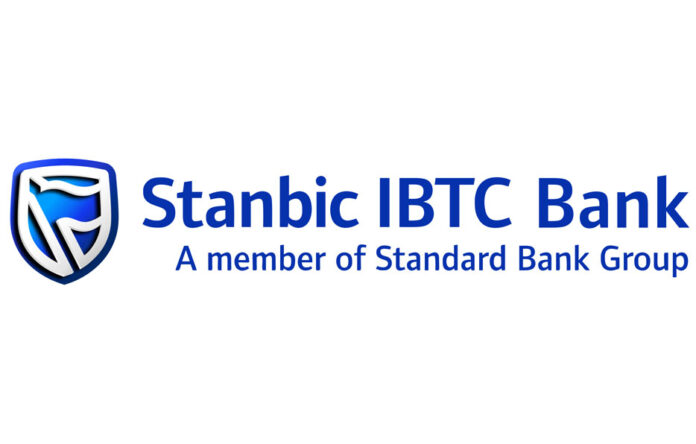The Nigerian private sector dipped into contraction in October as a record increase in input costs impacted customer demand. Sharply rising prices also discouraged firms from purchasing inputs and caused delays in the completion of orders. On a more positive note, employment continued to rise amid company expansion plans.
The headline figure derived from the survey is the Stanbic IBTC Purchasing Managers’ Index™ (PMI®). Readings above 50.0 signal an improvement in business conditions on the previous month, while readings below 50.0 show a deterioration. The headline PMI dropped below the 50.0 no-change mark for the first time in seven months in October, thereby signaling a deterioration in business conditions in the private sector. At 49.1, the index was down from September’s reading of 51.1 and signaled a slight worsening of operating conditions.
Central to the challenges for firms in October was the sharpest rise in overall input prices since the survey began almost a decade ago. Purchase costs were up rapidly, largely due to currency weakness but also the lingering impacts of the removal of the fuel subsidy. Meanwhile, the extent of the rise in living costs, particularly those related to transportation, led companies to increase their staff pay markedly in October. Moreover, the rate of inflation hit a new survey peak. With input costs rising rapidly, firms in Nigeria increased their own selling prices accordingly.
The pace of inflation quickened from September and was one of the sharpest on record. The steep inflationary environment acted to depress customer demand in October. New business decreased at a solid pace, thereby ending a six-month sequence of growth for the second time in the past three months and to the largest extent since the cash crisis earlier in the year. Lower new orders and high prices for inputs led companies to reduce their purchasing activity for the first time in seven months.
In some cases, an inability to secure inputs led to delays in the completion of projects. Elsewhere, customers had missed payments. As a result, backlogs of work increased for the second month running, and to the largest extent since February. The build-up of outstanding business was signaled despite a further rise in employment. Staffing levels were up for the sixth month in a row, and at a solid pace.
According to respondents, job creation often reflected business expansion plans. Hopes to expand operations and open new branches meanwhile helped to support optimism in the year-ahead outlook for output, although sentiment remained historically muted. Finally, suppliers’ delivery times shortened again in October, with improved vendor performance linked to competition among suppliers, prompt payments, and relatively quiet road conditions.






